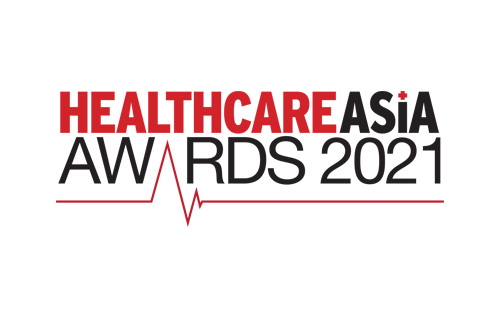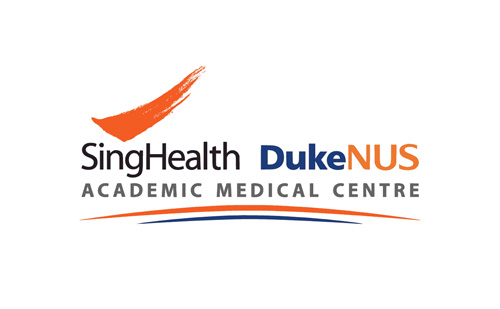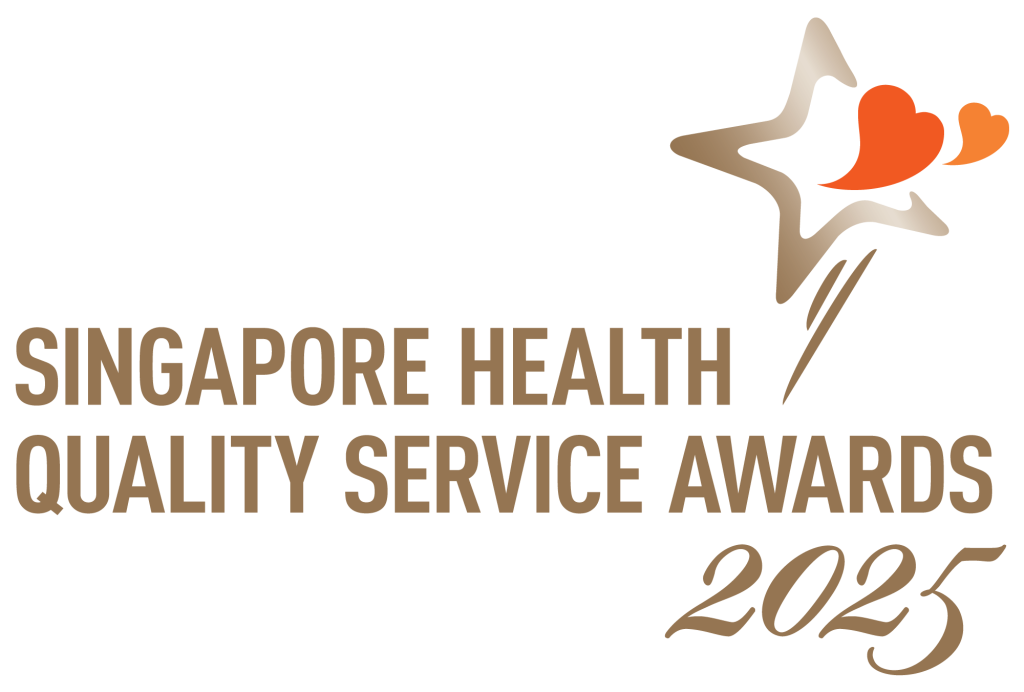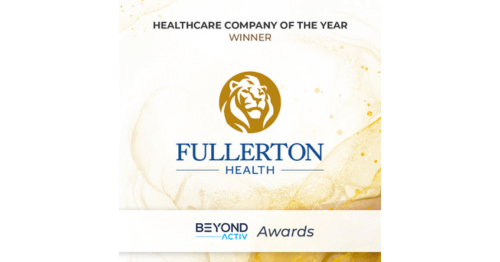At least half of the world’s population has no access to essential health services, according to a 2017 report from the World Bank and WHO. What’s even more alarming is the fact that large numbers of households are being pushed into poverty because they must pay for health care out of their own pockets.
The report states that 800 million people spend at least 10 percent of their household budgets on health expenses for themselves, a sick child or other family member. Of these, nearly 13 percent have been pushed into extreme poverty due to high healthcare costs.
The Covid-19 situation has exacerbated this problem and brought new challenges to healthcare systems worldwide such as unequal or lack of access to updated and accurate information and quality care.
The provision of affordable and accessible healthcare for everyone is an urgent matter that must be addressed. The United Nations has set a goal of Universal Health Coverage 2030 to encourage countries to enable a ccess to comprehensive, quality health care services for all in their countries as that is important for promoting and maintaining health, reducing unnecessary disability and premature death, as well as achieving quality of life for everyone.
An important component of Universal Health Care (UHC), aims for individuals and communities to receive the health services they need without suffering financial hardship
For sustainable Universal Health Coverage to happen, there needs to be better co-ordination and collaboration between public and private health entities.
Private Healthcare Providers Must Respond to this Global Challenge
There are significantly varied standards of healthcare within the public sector across developed and developing countries. Public-private partnerships are becoming increasingly necessary as governments will find it challenging to finance and provide the full range of health services and have the expertise to tackle pandemics and other sudden shocks to the healthcare systems on their own. These partnerships are especially pertinent when the problem at hand is one that requires innovative solutions, immediate deployment and expertise that can respond to a rapidly changing landscape.
Fullerton Heath was established with the purpose of delivering affordable and accessible care to people in Asia Pacific. Across 10 markets, 550 owned facilities and over 10 million health transactions a year. Fullerton Health’s purpose is aligned to the objectives of UHC. Its business model is built upon aggregating primary care demand and leveraging scale to make it affordable to as many people as possible. A strong supporter of the World Economic Forum Private Public Partnership initiative in the last four years, Fullerton Health has a foundation that mirrors its purpose for disadvantaged communities. Whilst the corporation runs a successful sustainable business by integrating payor, provider and patient, the foundation rides on the company’s assets and partner network to funnel resource into projects that helps improve access and affordability of healthcare to rural and poor communities. In the past few years, Fullerton Health has carried out various initiatives as part of its corporate and social responsibility and sustainability goals.
Free Healthcare for the Marginalised
Since 2015, Fullerton’s Project Big Heart has been addressing gaps in the community, specifically for the elderly and disadvantaged. Mobilising internal resources, volunteers and partnering community groups, this project provides free consultations and medication to elderly and underprivileged Singaporeans through identifying and treating chronic diseases such as hypertension, diabetes and high cholesterol.
Treating TB
With over one million people infected every year, TB is the fourth largest cause of death in Indonesia. As the disease is curable with suitable treatment, Fullerton Health Foundation is helping Indonesian communities screen for TB and provide access to treatment.
The Foundation has been providing TB screening in Indonesia since early 2018 by partnering local government, international non-governmental organisation and the local community partners. It has reached over 278,000 people in factories, city slums, prisons, boarding schools and rural villages.
Tackling Covid-19 Challenges
The overwhelming amount of information and news surrounding Covid-19 and its related developments make it difficult for the public to find and focus on information that is relevant to them. To tackle this challenge, Fullerton Health launched the first regional Covid-19 symptom checker in Singapore, China, Hong Kong, Indonesia, Malaysia and the Philippines.
Fullerton Health has re-purposed its proprietary commercial technology to meet public needs by making the app free for all. The app provides an artificial intelligence driven symptom checker and a chat allowing users to interact with a Fullerton Health team member about their Covid-19 concerns.
Transformational public-private partnerships can bring both sectors together in solidarity during times of need to ensure that healthcare systems emerge from this pandemic stronger. In a world where change is the only constant, all stakeholders should work hand-in-hand to achieve better and sustainable healthcare outcomes for everyone.




















